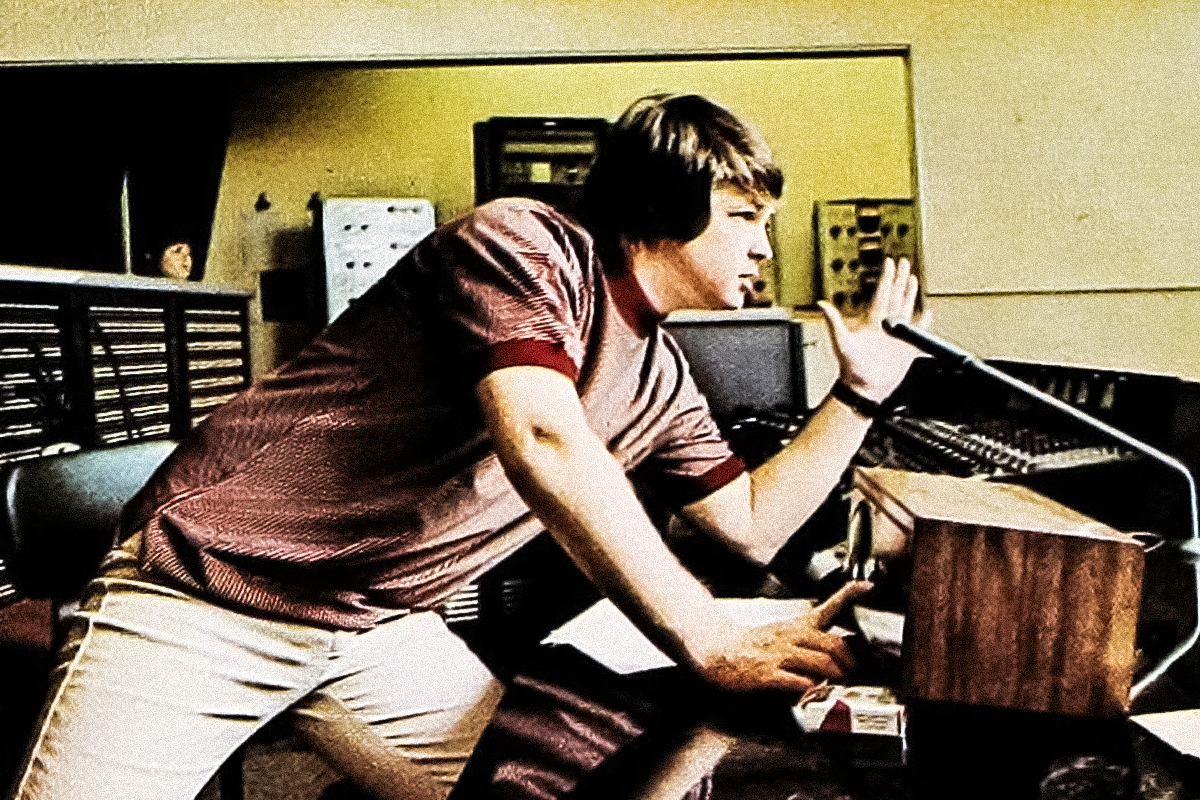On 11 June, legendary musician Brian Wilson passed away at the age of 82.
Best known for his work in the Beach Boys, Wilson revolutionised his craft. He was amongst the best of the 60s wave of artists experimenting with new songwriting structures and production techniques.
This was a part of the 60s counterculture, where ferment amongst the youth was expressed in various ways.
Politically this was most clearly seen with the civil rights and anti-Vietnam War movements, but this also included new forms of cultural expression, and experimentation with the new technology available, such as synthesisers and multitrack recording.
Wilson’s crowning work is undoubtedly Pet Sounds, 1966. Wilson managed to effortlessly blend catchy pop songs with complex harmonies, irregular chord structures, and instruments that were unheard of in pop music, such as string arrangements and horns.
The no.1 hit Good Vibrations, written for the follow-up to Pet Sounds, features two bass lines and a theremin!
Songs like God Only Knows will forever be a part of the pantheon of humanity’s greatest cultural endeavours.
Against the norms of the time, Wilson was the primary songwriter, composer, producer, and was behind the arrangements on each track. The music studio itself was elevated to the role of an instrument in its own right, giving his albums their lush production quality.
Brian Wilson demonstrated that pop music doesn’t have to be a cheaply thrown together thing made solely for being catchy.
In his hands, it became an art form in its own right – Pet Sounds is far more than just a collection of tracks, it feels more like a symphony, with each track lending itself to a broader whole.
It is one of the major influences on what the modern concept of an album is: a collection of songs greater than the sum of its parts.
Brian Wilson lived a tragic life, having issues with mental health, drug addiction, and abuse from those responsible for him – as his poor mental state led him to live under a conservatorship for many years. But in a strange twist, his refusal to tour with the band because of mental strain probably helped him to take his studio work to unprecedented levels.
Despite the unevenness of his output at times, Wilson’s best work reaches soaring heights that are at least on par with some of the most legendary acts of the period, such as The Beatles.
He and The Beatles influenced each other, and the healthy competition between them pushed them both to new heights in the mid-60s.
Whether it be in the more surreal of his songs, such as Vega-Tables, or his more dramatic ones, such as Surf’s Up, a thread of genius weaves through Wilson’s work.
His contribution to culture was immense, just as is his loss.






